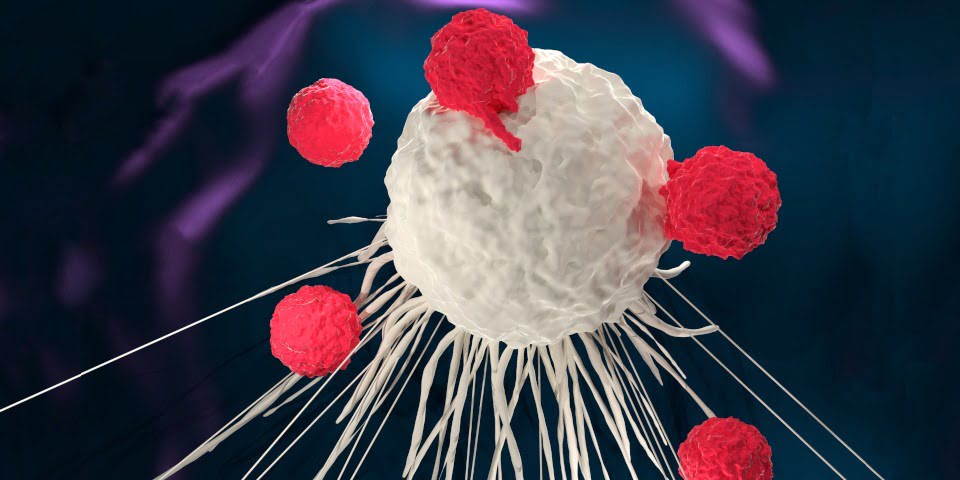The future in cancer treatment has arrived for Australian children and young adults battling leukaemia, with the availability of CAR-T therapy in this country, according to Rare Cancers Australia (RCA).
The organisation congratulated Health Minister Greg Hunt on the historical approval and reimbursement of Australia’s first chimeric antigen receptor T cell (CAR-T) therapy.
The ground-breaking treatment from Novartis will, says RCA, offer new hope for children and young adults (up to the age of 25) with the aggressive blood cancer, acute lymphoblastic leukaemia (ALL) that has relapsed or is refractory to other treatments.
“This represents a critical step forward in the treatment of children and young adults living with ALL and marks the arrival of a new frontier that will transform the way we fight against cancer and save lives. Founder and Chair of RCA Richard Vines said.
“As a one-time treatment, manufactured for each individual patient with the ability to cure, it is set to revolutionise our approach. It means new hope for children and young adults who have been desperately trying to raise funds to gain access to this breakthrough treatment overseas.
“Time is of the essence and it is essential CAR-T treatment is made available locally in Australia as quickly as possible for patients and their families, who urgently need this life-saving treatment.”
CAR-T is a state-of-the-art therapy involving the extraction of a patient’s own T-cells, which are then genetically re-engineered to recognise and destroy cancer before being reintroduced into the body. The treatment is estimated to cost up to $500,000 in the US.
Following a positive outcome from the Medical Services Advisory Committee, the treatment will be provided exclusively in public hospitals and will be funded through the National Health Reform Agreement.
“We would also like to acknowledge the outstanding work undertaken by Novartis in paving the way for local approval and access to CAR-T,” Mr Vines said. “The revolutionary manufacturing capabilities at Peter MacCallum Cancer Centre [in Melbourne] will position Australia as a leader in Asia Pacific and one of the few countries in the world able to manufacture CAR-T locally.”






